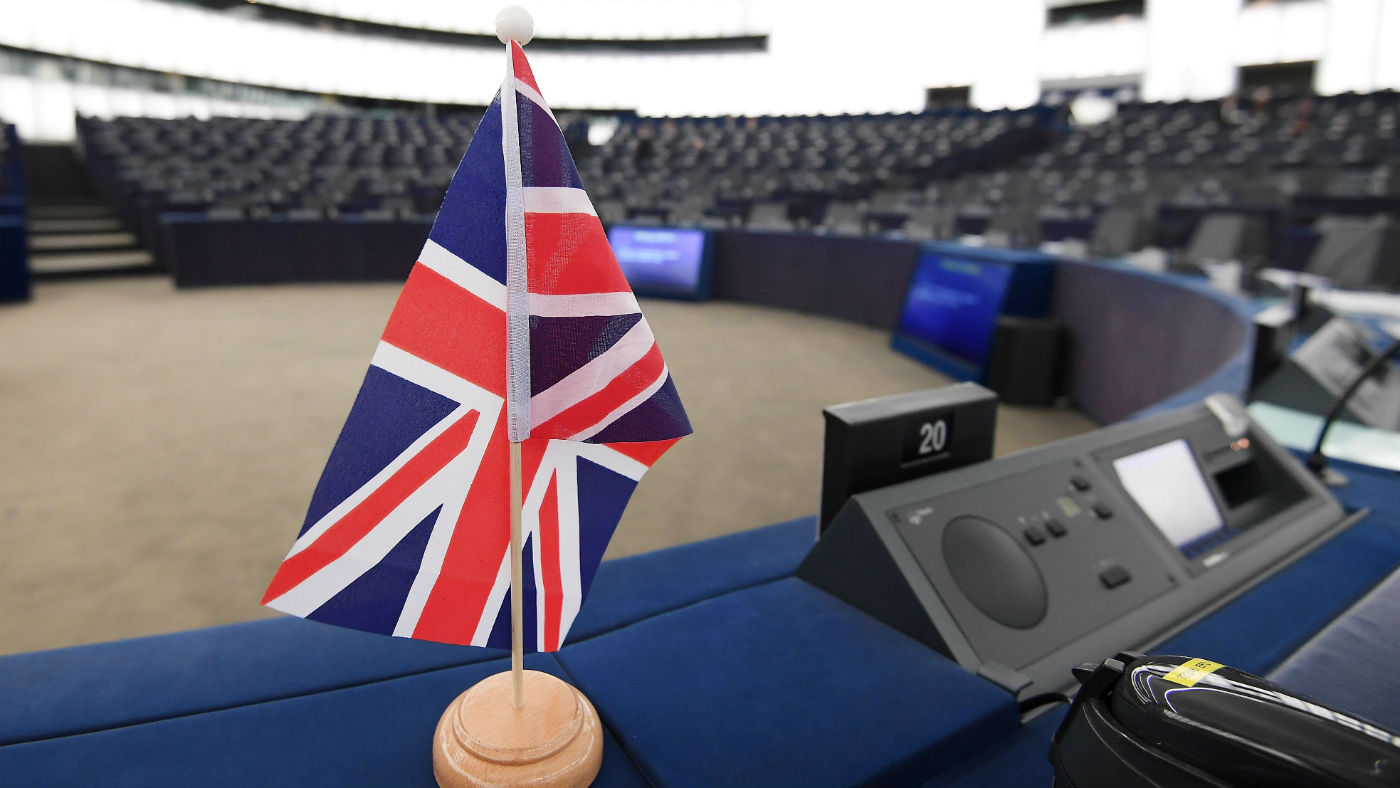What will Global Britain look like?
As the UK leaves the EU it will have to carve out a new place for itself on the world stage

A free daily email with the biggest news stories of the day – and the best features from TheWeek.com
You are now subscribed
Your newsletter sign-up was successful
The Foreign Secretary, Dominic Raab, has vowed Britain’s departure from the EU will not erode its diplomatic or military influence, as it looks to carve out a new place for itself on the world stage.
Speaking a day before the UK formally leaves the European Union, Raab said “whether it’s through Nato, whether it’s through the Organisation for Security and Co-operation in Europe, or even through the Council of Europe... we’ve got a great opportunity to show we’ll be not weaker, actually even better neighbours, allies and partners.”
The Financial Times says his comments “underline Britain’s eagerness to construct a new role for itself outside the EU as it faces an unpredictable US administration, increased hostilities with Russia, and heightened tensions in the Middle East caused by Donald Trump’s stand-off with Iran”.
The Week
Escape your echo chamber. Get the facts behind the news, plus analysis from multiple perspectives.

Sign up for The Week's Free Newsletters
From our morning news briefing to a weekly Good News Newsletter, get the best of The Week delivered directly to your inbox.
From our morning news briefing to a weekly Good News Newsletter, get the best of The Week delivered directly to your inbox.
Setting out his vision for Global Britain in The Daily Telegraph, former foreign secretary William Hague said the UK should focus on defining a security strategy for the West, preserving the global commons, standing up for law, and heading off mounting trouble in Europe.
Yet “for all the talk of Global Britain, the government faces a politically unpalatable decision between competing regulatory blocs, the EU and United States, with China also a looming presence,” says France 24.
To mitigate this some Brexiteers have turned to the idea of an ‘Anglosphere’ comprised of majority-English speaking countries, namely Australia, Canada, New Zealand, the UK and the US, “which represent a set of common values, interests and instruments sufficient to exert a powerful influence on the international system”, says Christopher Hill in The Guardian.
Britain could supplement this strategy with further support from the 53-member Commonwealth and strategic partnerships with countries such as India or Japan, writes Hill, but “would thus be exchanging its membership of a regional organisation for a geographically dispersed virtual community”.
A free daily email with the biggest news stories of the day – and the best features from TheWeek.com
Many expect the UK to move further towards the orbit of the United States, and “at home, the special relationship will have to bear the political and media scrutiny once reserved for Britain’s EU membership”, says Philip Stevens in the Financial Times. But as this week’s row with Washington over Huwaei has shown “taking back control” from Brussels “does not confer the power to act as an independent player. The world has returned to great power politics. Britain will have to choose its side”, he says.
What is now clear is that “the divisions surrounding Brexit are part of broader divergence in how British citizens view their country’s role in the world” says Benjamin Martill in Global Policy.
“Far from simply removing one tool of foreign influence (the EU), the Brexit worldview represents a repudiation of those liberal foreign policy goals – institutionalisation, cosmopolitanism, democratic alliances – which are at the heart of the UK’s identity as an international actor,” he writes.
–––––––––––––––––––––––––––––––For a round-up of the most important stories from around the world - and a concise, refreshing and balanced take on the week’s news agenda - try The Week magazine. Start your trial subscription today –––––––––––––––––––––––––––––––
Elliott Goat is a freelance writer at The Week Digital. A winner of The Independent's Wyn Harness Award, he has been a journalist for over a decade with a focus on human rights, disinformation and elections. He is co-founder and director of Brussels-based investigative NGO Unhack Democracy, which works to support electoral integrity across Europe. A Winston Churchill Memorial Trust Fellow focusing on unions and the Future of Work, Elliott is a founding member of the RSA's Good Work Guild and a contributor to the International State Crime Initiative, an interdisciplinary forum for research, reportage and training on state violence and corruption.